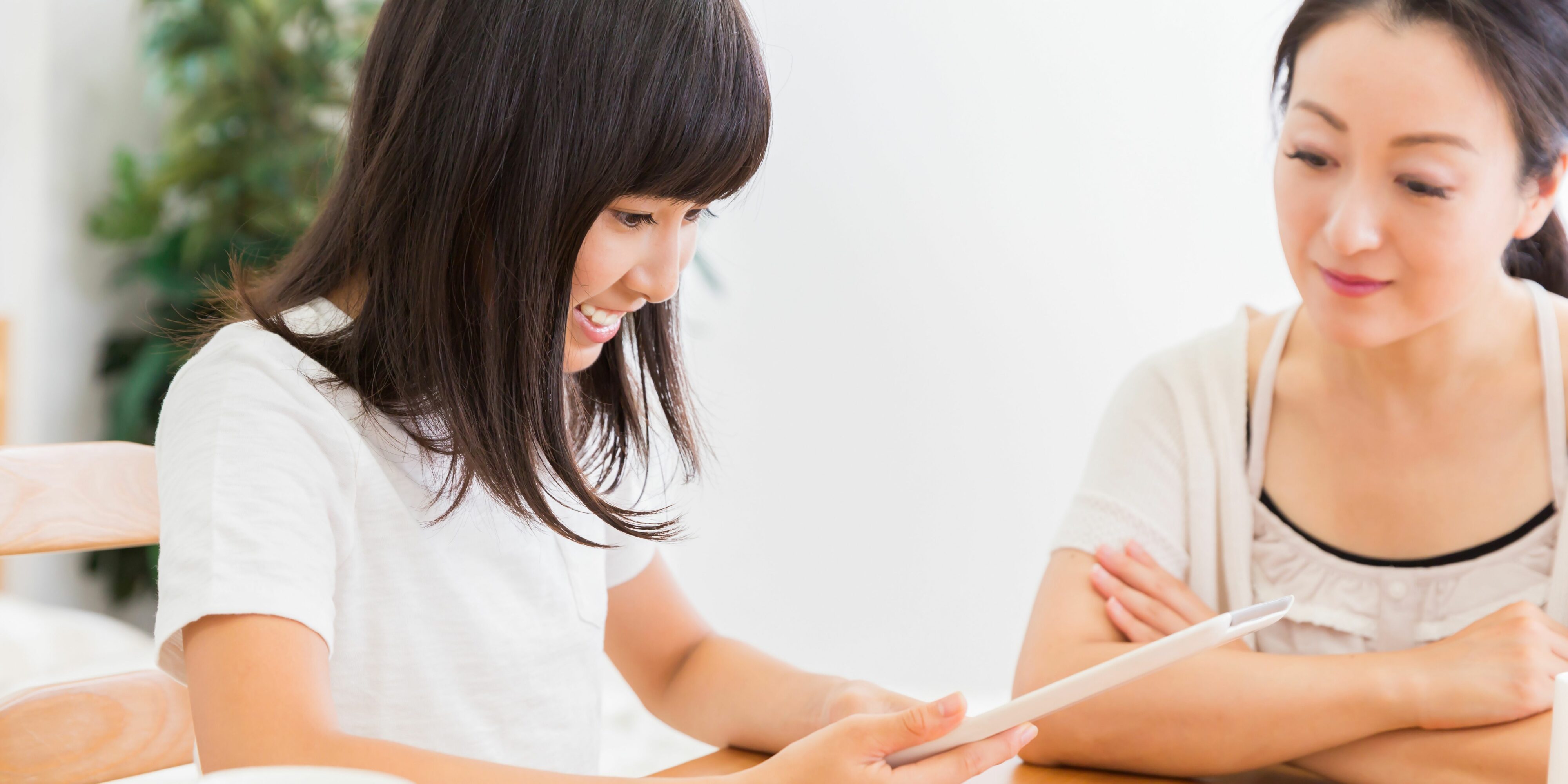Asian Parenting Stereotypes: The Good and the Bad. Stereotyping is widely frowned upon—no one wants to be put in a box. Although things like family values and cultural norms are passed down from generation to generation, it becomes ingrained until it accidentally becomes an identity. Most importantly, is Asian parenting healthy?
Like Asian parenting, for instance.
Suppose you grew up in an Asian family. In that case, you’d think that everything that goes on in your house, from your mom’s stringent rules and unpleasant punishments to her unyielding support and unwarranted sacrifice, are all normal and that everyone must be experiencing the same thing. Until Amy Chua’s book, The Battle Hymn of the Tiger Mother caused an uproar, especially among Western parents. Asian parenting is stereotypical, and here are some Asian parenting stereotypes, both the good and the not-so-good ones.
Asian Parenting Stereotypes: The Good and the Bad
The Good Side
Asian parenting, or as others like to call “tiger parenting,” is a mixture of strictness and warmth, demanding and loving. First, let’s talk about the warm and loving side—here are some of the many good things about Asian parenting:
They teach their children about money.
Asians are hardworking people, probably because most of them didn’t grow up with a lot, and they need to work hard to live a comfortable life. That’s why Asian parents constantly remind their children about the importance of working hard and getting a good job. They do not want their children to experience the hardships they had to endure when they were young.
They encourage their children to be involved in extra-curricular activities.
Asian kids seem to have a lot on their plate at a young age—piano lessons, swimming, Tae Kwon Do, gymnastics, and the list goes on. This helps children explore their passion, improve their self-confidence, establish their work ethic, and develop their cognitive and social skills.
They teach good family values.
If there is one remarkable thing about Asian families, it’s their good family values. Spending a massive amount of time with family is typical in Asian households. Special occasions low-key turn into huge family reunions where everyone, from a distant aunt and uncle to the first-degree cousins, is in attendance. Asian families are tight-knit because it’s what their parents teach them—appreciate your family.

The Bad Side
Here comes the bad side—Asian parenting, like other parenting styles, has disadvantages. How and why are Asian parents toxic? Here are some of them:
They discourage their children from crying, especially boys.
Asian children, when they fall on the floor or get hit because of their bad behavior, are not allowed to cry. “It’s nothing” or “It’s your fault, why are you crying” are the typical words Asian parents would say. If you want to cry, go to your room and cry on your own. Clearly, Asian parents appear to be the best when it comes to suppression of feelings.
Hitting as a form of punishment.
Asian parent weapon of choice varies—from a feather duster to a rubber slipper, a belt, a stick, or a clothes hanger. In this world full of all kinds of violence, Asian parents resort to physical violence as a form of discipline. Remember, you are not allowed to cry; the number of smacks multiplies if you’re heard crying.
They compare their kids.
Asian parents like to compare their kids, their kids with the relatives’ kids, or their kids with other kids in the neighborhood. This immensely affects children’s self-esteem, and they eventually see what they do not have because they compare themselves with others too.
So, Is Asian Parenting Good or Bad?
Many Asian children grew up in this parenting style, and they are doing remarkably well in their adult life. Some struggle with self-confidence and even self-worth. All parenting types have their good and bad sides, and it so happens that Asian parenting falls into the mix of extreme categories. Nonetheless, it is either good or bad as long as the parenting goal is achieved—for their children to do well in life.

